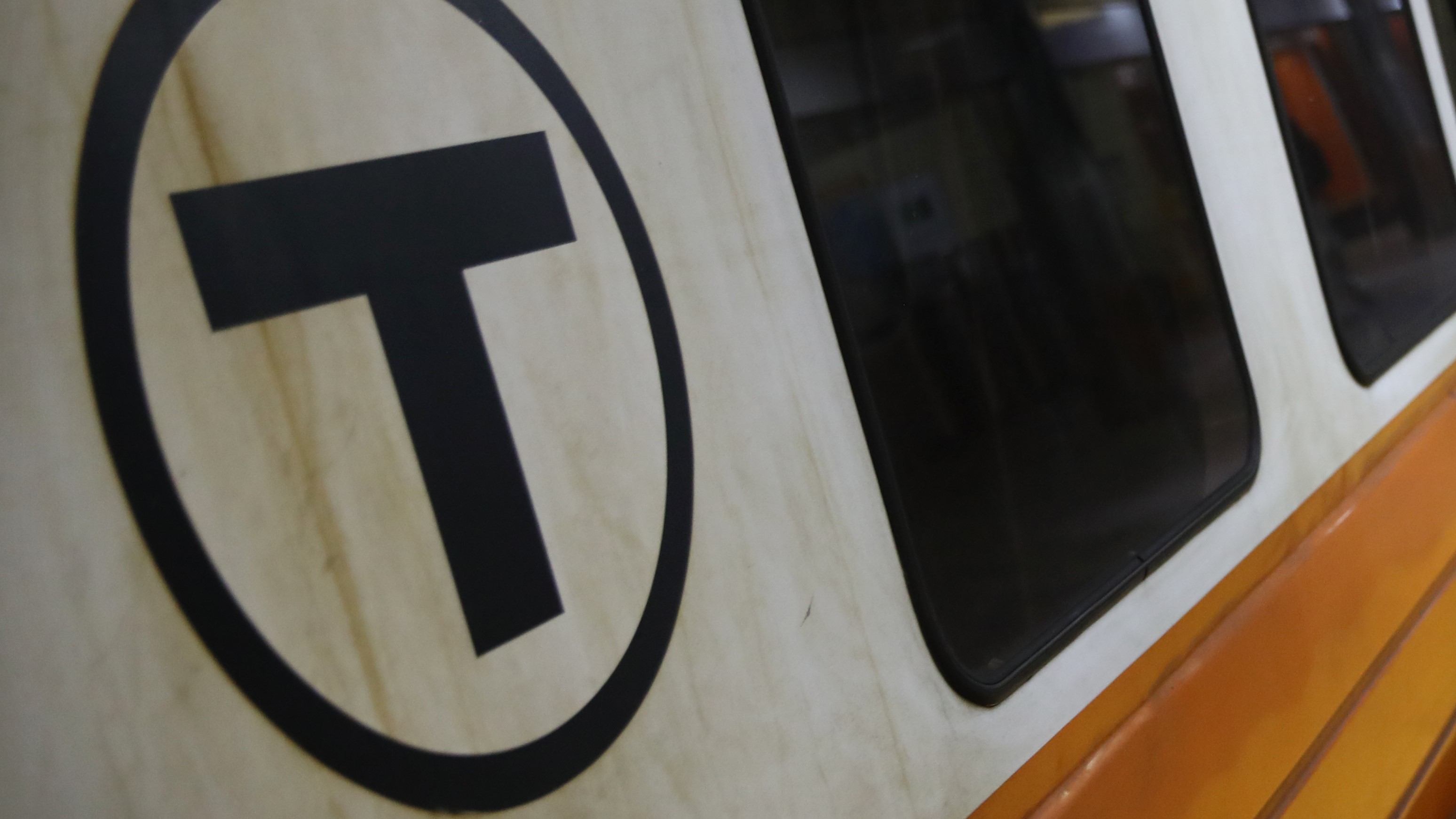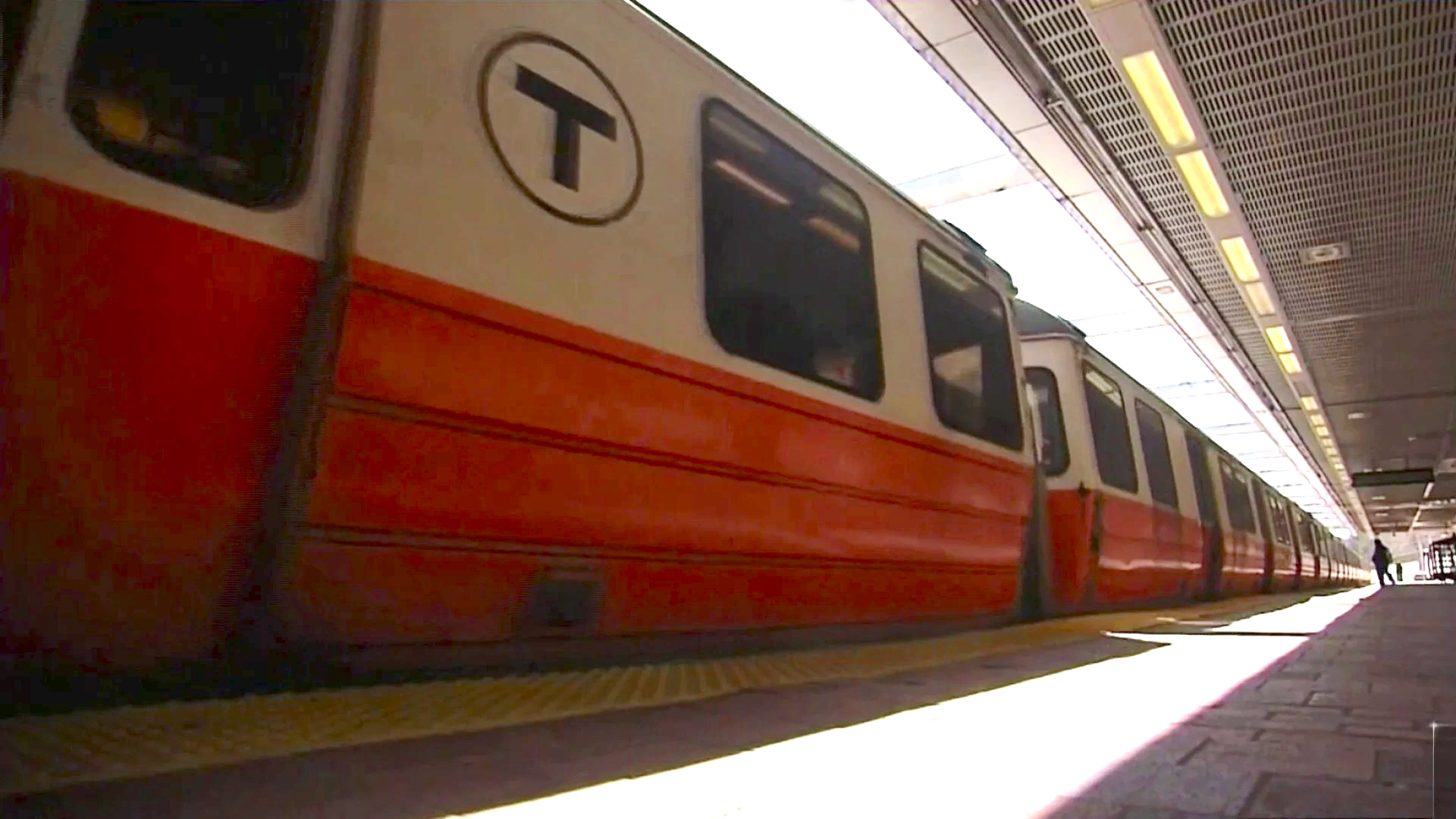The MBTA was ordered on Wednesday to immediately fix safety issues in four areas, with Federal Transit Administration officials highlighting several harrowing details as they announced the new requirements.
Among the "emergency safety issues" flagged by federal overseers is that some MBTA employees at the transit agency's operations control center work 20-hour shifts and get only four hours off before they return to duty, the result of a staffing shortage. The MBTA said Wednesday it would be sharing mitigation measures with its federal partners soon.
The Federal Transit Administration began investigating the MBTA in April after a recent death and several incidents that caused injuries. The directives issued by the federal agency Wednesday require the MBTA and the Massachusetts Department of Public Utilities to collaborate on fixing the issues and improve the culture of safety at the MBTA.
"Safety is our number one priority and must be the primary focus for the MBTA and the DPU," FTA Administrator Nuria Fernandez said in a statement. "Every transit passenger deserves a safe ride. Every transit worker deserves a safe workplace. The MBTA must immediately take action to improve its safety procedures for its passengers and workers."
At one point, officials said Wednesday, 80% of the MBTA's heavy rail subway dispatchers had lapsed safety certifications. And since 2021, the MBTA has reported five "runaway train events" in rail yards or during maintenance, in one case causing three injuries.
The FTA gave the following areas of concern for the MBTA:
- Operating Control Center staffing;
- General safety operating procedures;
- Delayed critical maintenance; and
- Lapses in staff safety certifications.
The Department of Public Utilities is being required to seven outstanding safety issues from an October 2019 audit, covering these issues the FTA outlined:
- hazard management;
- accident investigations;
- corrective action plans;
- and rules compliance.
Each directive carries its own deadline of between 24 hours and 30 days for the two state agencies -- which are overseen by the Baker administration -- to respond and act.
The Department of Public Utilities "has not fully exercised its authority over the MBTA to help work on safety culture," seeking quick work to close safety gaps investigators found when they kicked off a nearly unprecedented investigation of the transit system across the greater Boston region, one official said.
An MBTA representative said in a statement that the agency has been fully engaged with the FTA during its inspection and work was underway to address the issues that were flagged.
"Examining the actions required by the FTA, the MBTA is developing immediate and long-term mitigation measures to address these matters. The MBTA will share its plans with the FTA in the coming days and week," the representative said.
All of the MBTA's active rail transit employees will be certified by this week, according to the agency, and all employees in its control center have been certified for nearly a month.
"I think it's a wake-up call," said Stacy Thompson, executive director of the LivableStreets Alliance. "This is about a decade of under investment from the governor and from the Legislature. This is what happens when you slowly starve an operating budget."
"A number of required safety certifications for MBTA employees have expired," said Paul Kincaid from the Federal Transit Administration. "This is concerning because a large number of workers who operate trains are not receiving adequate training to understand key safety rules."
The latest incident happened on the Orange Line on Wednesday, when a rider noticed one of the end doors to a car was wide open while the train was still in motion at the Sullivan Square stop. It stayed that way for at least 10 stops.
The MBTA said that problem has been fixed.
But it comes at no surprise to Jamiel Abdullah, who rides the Orange Line to work six days a week.
"It's a good ride, sometimes it can be a hectic ride," noted Jamiel Abdullah. "It breaks down a lot!"
Other riders, like Brian Guimond, say they are used to it.
"Some of the Orange Line trains are very old. The one we just rode, only one door would open when the doors should open," said Guimond.
The State House News Service contributed to this report.



